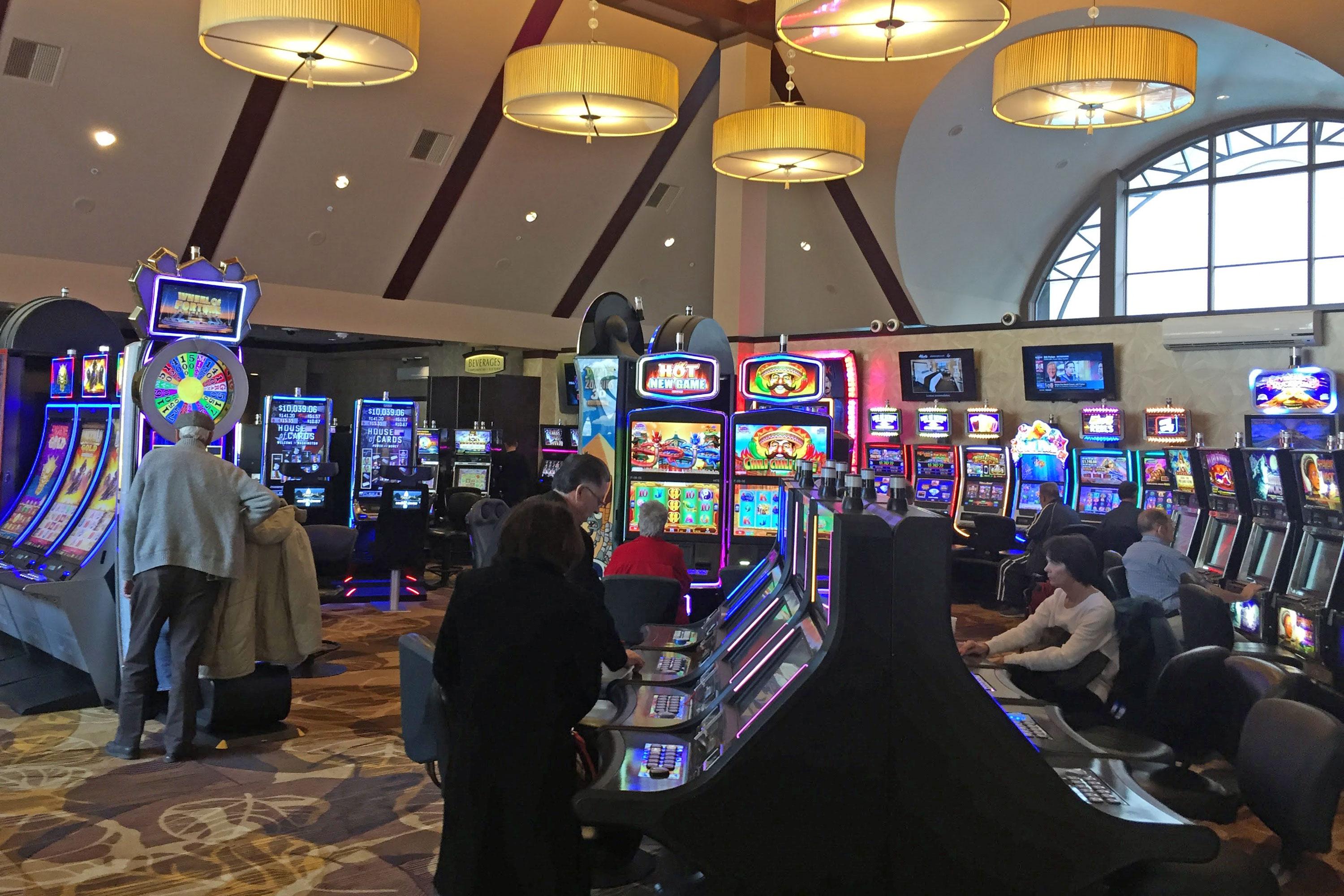

After months of negotiations, a bipartisan deal on sports gambling was introduced in the Colorado House on Thursday afternoon.
The bill, if passed in the final weeks of the legislative session, will allow 17 sportsbooks at casinos in the mountain towns of Black Hawk, Central City and Cripple Creek. The bill would allow 17 more licenses for online sports gambling.
The tax rate is a flat 10 percent on net sports betting proceeds. The lion’s share of the revenue will fund the Colorado Water Plan, a series of conservation and water storage projects that has lacked funding.
“We want to eliminate the black market,” said Rep. Alec Garnett, a Denver Democrat and a sponsor on the bill. He says this keeps the sports betting industry small enough to easily regulate, while directing tax revenue to a top Colorado priority.
The bills sponsors include Republican Rep. Patrick Neville and Sens. Kerry Donovan, a Democrat and John Cooke, a Republican.
The bill’s introduction comes after the U.S. Supreme Court struck down a federal prohibition on sports gambling last year. States are now free to pass their own sports gambling laws. Eight states have approved sports betting, according to ESPN.
Notably, the horse track in Aurora and affiliated off-track betting locations in the metro area cannot apply for a sportsbook. The owner of the track, Twin Rivers, had pushed hard for in-person betting at its Aurora and off-track locations, arguing that it would allow Colorado to maximize tax revenue.
Garnett said keeping the physical sports books in the mountain towns is consistent with the voter’s original intent on gambling. Voters approved gambling in the early 90s but limited it to the three historic mining towns. And in 2014, voters decided to not allow casino games to expand at the horse track.
It’s not all bad for Twin Rivers. They recently announced they would purchase three of the mountain casinos in Colorado, giving them a shot at a sportsbook should the bill pass.
Sports leagues are also disappointed. The bill will not compel physical and digital sportsbooks to use official league data. A representative for the leagues said that will keep them from supporting the bill. The leagues also didn’t get betting kiosks at stadiums and ballparks or the inclusion of an integrity fee.
If the bill makes it through the legislature, voters will still get the ultimate say. The 10 percent tax must go on the November ballot, per Colorado’s Constitution. If that doesn’t pass then there will be no sports gambling in Colorado.









